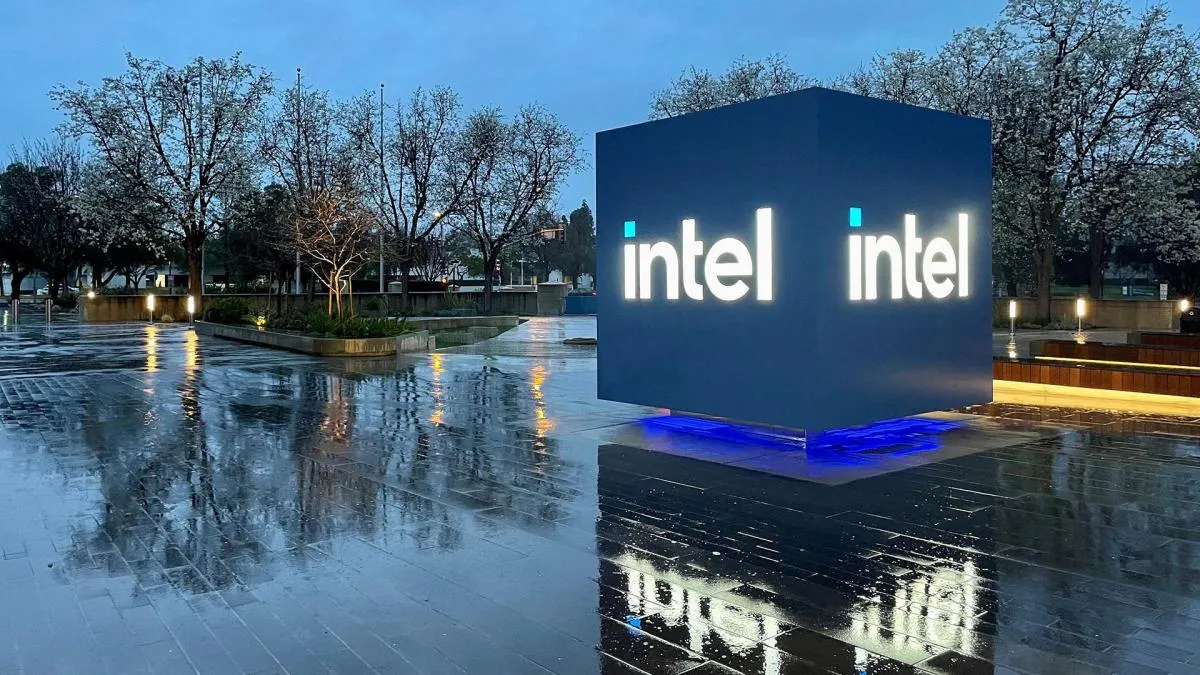
On Friday afternoon, Intel Corporation officially announced a significant agreement with the administration of former President Donald Trump. This development follows Trump's recent statement indicating that the government would acquire a 10% stake in the struggling chipmaker. Intel clarified that this transaction involves the government making an $8.9 billion investment in Intel's common stock; however, it appears that the administration is not committing any new funds.
Instead, this $8.9 billion investment pertains to grants previously awarded to Intel but not yet disbursed. Specifically, the funding is derived from $5.7 billion allocated under the Biden administration’s CHIPS Act, alongside an additional $3.2 billion granted through the Secure Enclave program. This clarification raises questions about the nature of the investment, as Trump noted in a post on his social media platform, Truth Social, that “The United States paid nothing for these shares.”
Despite his previous criticisms of the CHIPS Act—labeling it a “horrible, horrible thing”—Trump described this agreement as “a great Deal for America and, also, a great Deal for Intel.” His remarks indicate a shift in tone regarding Intel's leadership, particularly towards CEO Lip-Bu Tan. Earlier this month, Trump had accused Tan of having conflicts of interest and urged him to “resign immediately.” However, on Friday, Trump praised Tan, stating that he “negotiated this deal with Lip-Bu Tan, the Highly Respected Chief Executive Officer of the Company.”
According to reports from The New York Times, there are concerns among some bankers and lawyers regarding the legality of this investment deal. They speculate that the CHIPS Act may not permit the government to convert its grants into equity, which could expose this agreement to potential legal challenges. This aspect of the transaction may result in complications that could affect both Intel and the government's financial strategies moving forward.
In response to the announcement, CEO Lip-Bu Tan expressed gratitude for the confidence placed in Intel by both the President and his administration. Tan stated, “We look forward to working to advance U.S. technology and manufacturing leadership.” As part of the agreement, Intel noted that the government’s investment would be passive, meaning that it would not involve any board seats or other governance rights, allowing Intel to maintain operational independence.
This agreement signifies a pivotal moment for Intel as it navigates the complexities of funding and investments amid a challenging market landscape. As the semiconductor industry continues to evolve, the implications of this deal will likely be closely watched by investors, policymakers, and industry experts alike.